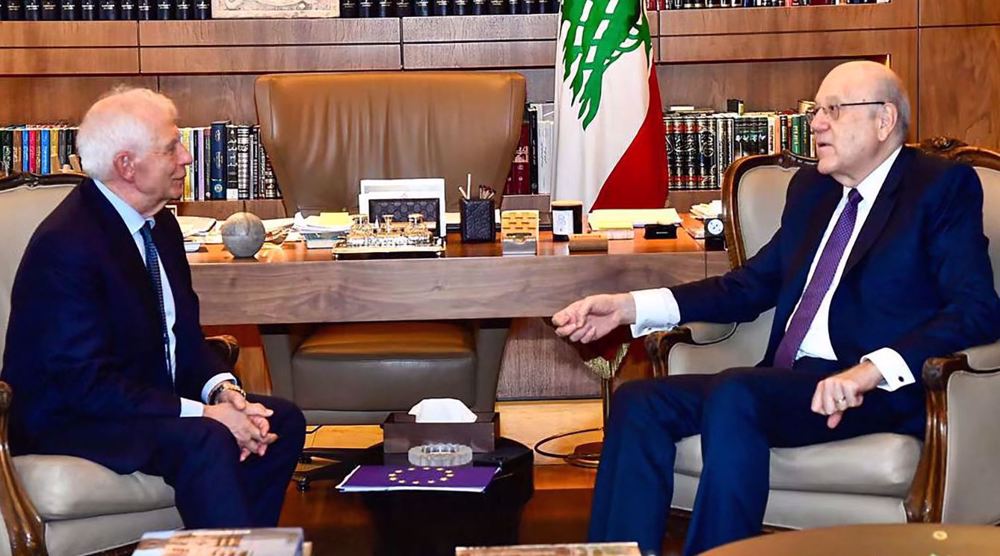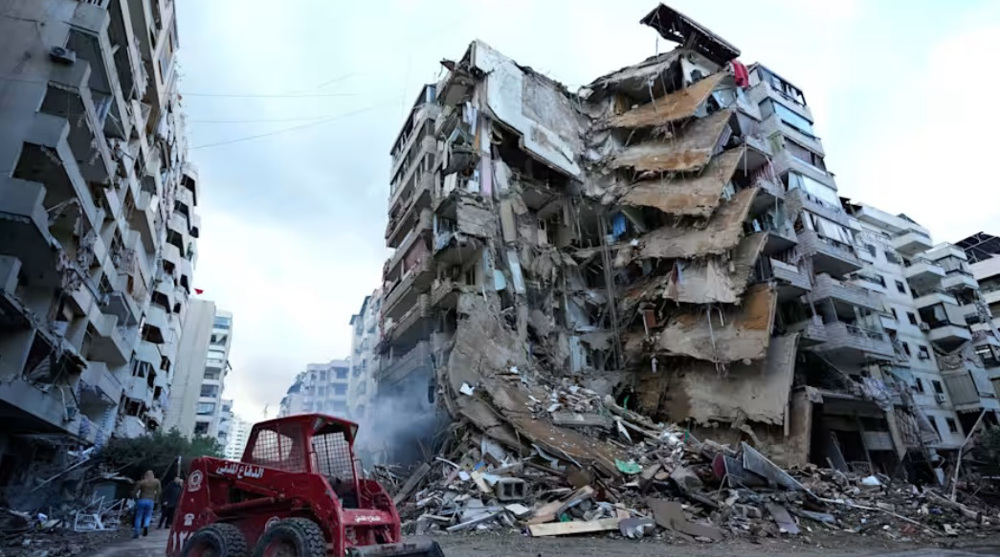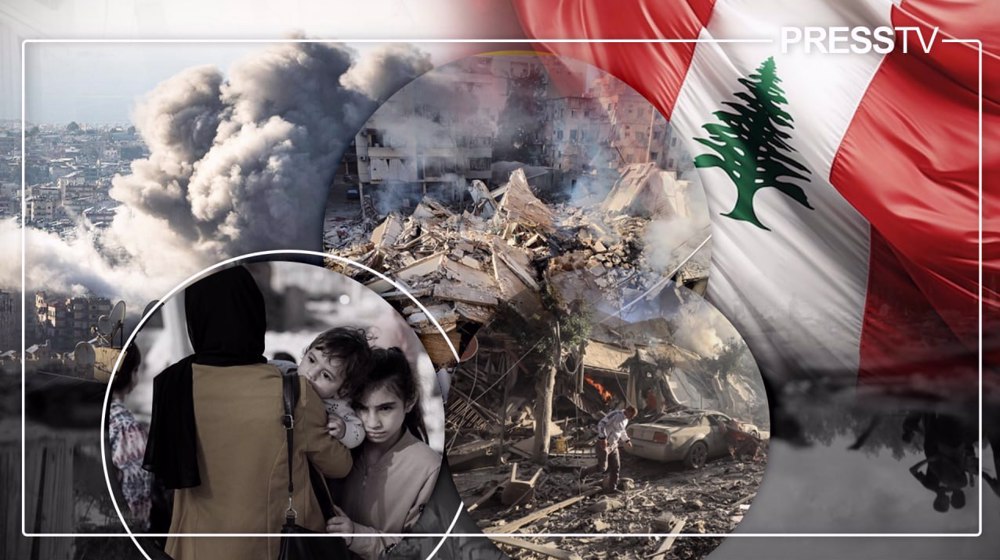US, Israel main beneficiaries of Lebanon explosion: Analyst
The devastating explosion that gutted out the port area of the Lebanese capital, Beirut, can only benefit the West, topped by the United States as well as Israel, says a political expert.
Daniel Kovalik, an academic at the University of Pittsburgh, Pennsylvania, made the remark in a phone interview with Press TV on Monday while commenting on the economic and political repercussions of a cataclysmic blast that ripped through Beirut last week and left more than 150 people dead and thousands of others injured.
“In terms of the political fallout, clearly, this is going to undermine the current government of Lebanon greatly. There's already been very severe economic crisis there, in part brought on by Western sanctions and that needs to be pointed out, but nonetheless there's been a serious economic crisis, you have COVID-19, and then you have political instability; so, Lebanon is a very fragile country to begin with and then for this to happen is going to cause a certain amount of chaos and you can see that right now,” Kovalik said.
"Certainly, in terms of the political implications, I think the West ... from a political point of view, they will tend to work to their advantage... This government, which neither the US nor Israel likes, is now greatly hobbled by this and will probably fall," he added.
The political analyst said people are trying to blame the Lebanese resistance movement Hezbollah for the blast but underlined that, "I don't think this benefits them, to the extent that Hezbollah can be blamed for this, it will benefit those in the West who want to see Lebanon fall."
"Right now the government of Lebanon is saying this was an accident… Accidents happen every day but I think they have to rule out any sort of external interference that might have caused it as well," Kovalik said.
"I do think the timing is strange and that [Israeli Prime Minister Benjamin] Netanyahu had threatened not very long ago to destroy infrastructure in Lebanon in order to teach Hezbollah a lesson, and then this happens, I mean, any rational human being would have to look at that and say, well, what's going on here? And so Lebanon and Israel are at war. They're over with each other."
The blast took place on August 4 in Beirut port warehouses storing highly explosive material, specifically ammonium nitrate, commonly used in both fertilizer and bombs.
At least 158 people are so far confirmed to have lost their lives, while more than 6,000 others were wounded in the powerful explosion that ripped through the Beirut port.
The number of fatalities and those hurt is set to rise as search and rescue operations are still underway.
On Saturday, angry anti-government protesters filled downtown Beirut and stormed government buildings, calling for justice for the blast victims and demanding the resignation of the entire ruling class.
Police fired teargas and rubber bullets to disperse the crowds. Nearly 730 people were wounded in the clashes and a police officer was reported to have been killed.
In an interview with Press TV’s News Review program on Sunday, Feroze Mithiborwala, a political activist and commentator said that countries like France, US and Saudi Arabia are behind the current dire conditions in Lebanon due to sanctions they have imposed on the country.
Mithiborwala called on protesters to ask these countries “to back off and end these sanctions on the Lebanese people.
The political activist noted that the central problem in Lebanon is its political system, arguing that the country should reform its constitutional and parliamentary system where people can come together to address the dire economic and social issues.
Mithiborwala accused the oligarchs in Lebanon of “looting the country dry,” suggesting that the Lebanese people should kick them out as well as the banks that are run by the United States.
From cradle to chaos: My infant son’s journey through war and displacement in Lebanon
‘Everyone here is at risk’: Injured Kamal Adwan Hospital director’s poignant message
VIDEO | 'We will rebuild a thousand times’
Ex-Israeli war minister Gallant to head to US despite ICC arrest warrant
Iran’s foreign minister in Portugal to attend 10th UNAOC Global Forum
VIDEO | Israel puts Beirut under back-to-back assaults as Hezbollah says Netanyahu won’t succeed
A siege within siege: 130,000 children under 10 trapped in northern Gaza
Top general: Iran’s deterrent power evolved to address modern maritime threats











 This makes it easy to access the Press TV website
This makes it easy to access the Press TV website